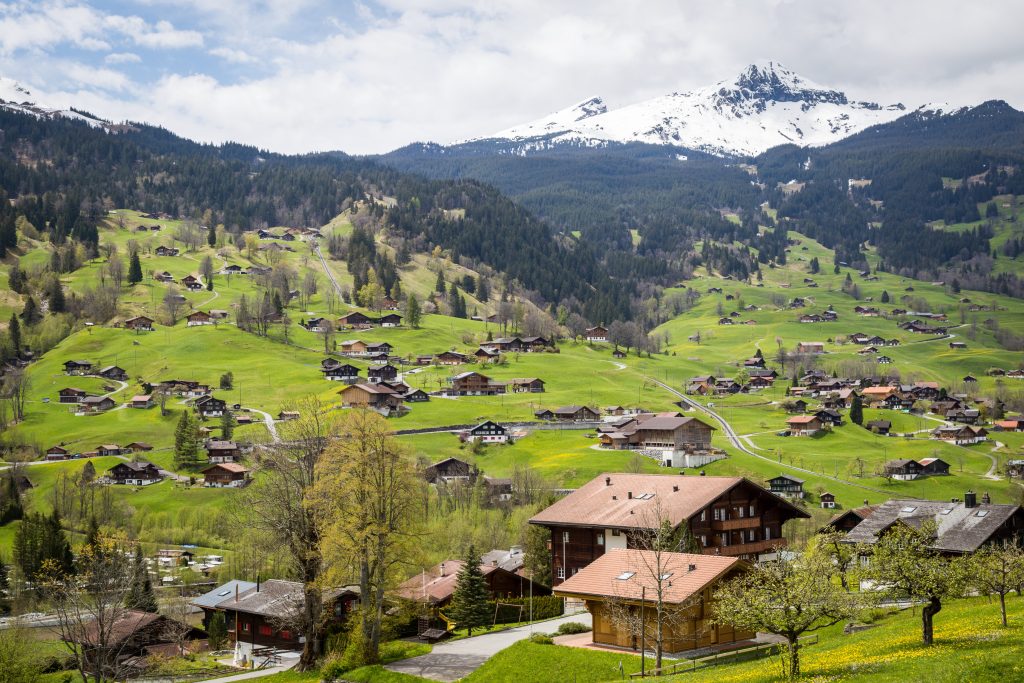Swiss Culture and Traditions : Immerse Yourself in the Rich Cultural Heritage of this Unique Country

Switzerland is a small country located in the heart of Europe, known for its stunning mountain landscapes, crystal-clear lakes, and charming cities. Despite its size, Switzerland has a rich cultural heritage that reflects its unique history, geography, and multicultural influences. In this post, we’ll explore some of the cultural and traditional aspects that make Switzerland a fascinating destination for travelers.
- History of Switzerland : A Unique and Diverse Country
Switzerland’s history is unique and diverse, shaped by a blend of cultural, linguistic, and historical influences. The country has been inhabited since prehistoric times, and its history is marked by the presence of different tribes and cultures. Switzerland’s modern history began in 1291 with the founding of the Swiss Confederacy, a political alliance of cantons that gradually expanded its territory and influence over the centuries. Switzerland’s unique political system, which combines federalism, direct democracy, and neutrality, is also an important aspect of its cultural heritage.
- Swiss Culture : Traditions and Customs
Swiss cuisine is renowned for its quality and diversity, with a focus on regional specialties and high-quality ingredients. Swiss cheese, chocolate, and wines are famous worldwide, and visitors should not miss the chance to taste them. Festivals and celebrations are also an important part of Swiss culture, reflecting the country’s diverse regions and traditions. From the Fasnacht Carnival in Basel to the Alpabzug Cattle Drive in Appenzell, Swiss festivals offer a unique glimpse into the country’s cultural heritage. Swiss music and folklore are also fascinating aspects of the country’s culture, with traditional instruments such as the alphorn and the accordion playing a prominent role in local festivals and events.
- Swiss Arts and Crafts
Switzerland has a long tradition of fine arts and crafts, with several fields of expertise that are renowned worldwide. Watchmaking is one of Switzerland’s most famous crafts, with Swiss-made watches being synonymous with quality and precision. The country is also known for its traditional crafts, such as lace-making, wood-carving, and pottery. Visitors can explore these crafts in local workshops and markets, and even take home a unique Swiss souvenir.
- Sports and Recreation in Switzerland
Switzerland’s natural beauty is ideal for sports and recreation, with a wide range of activities available year-round. In the winter, skiing, snowboarding, and ice skating are popular sports, while in the summer, hiking, biking, and swimming are great ways to explore the country’s stunning landscapes. Switzerland also hosts several major sports events, such as the World Economic Forum in Davos and the Basel Tennis Tournament.
- Swiss Cities and their Cultural Heritage
Switzerland’s cities are also home to a rich cultural heritage, with historical landmarks and cultural centers that reflect the country’s unique history and traditions. Geneva, known as the International City, is home to several international organizations and landmarks, such as the United Nations and the Jet d’Eau fountain. Zurich, the country’s largest city, is a cultural center that offers a blend of historical landmarks and modern attractions, such as the Kunsthaus Museum and the Bahnhofstrasse shopping district. Meanwhile, Bern, the country’s capital, boasts a medieval charm and is home to a UNESCO World Heritage Site, the Old Town of Bern.
In conclusion, Switzerland’s rich cultural heritage is something that should not be missed by anyone visiting this unique country. From its stunning architecture and beautiful landscapes to its delicious cuisine and lively festivals, there is something for everyone to enjoy. So why not immerse yourself in Swiss culture and traditions on your next trip to this remarkable country ?
